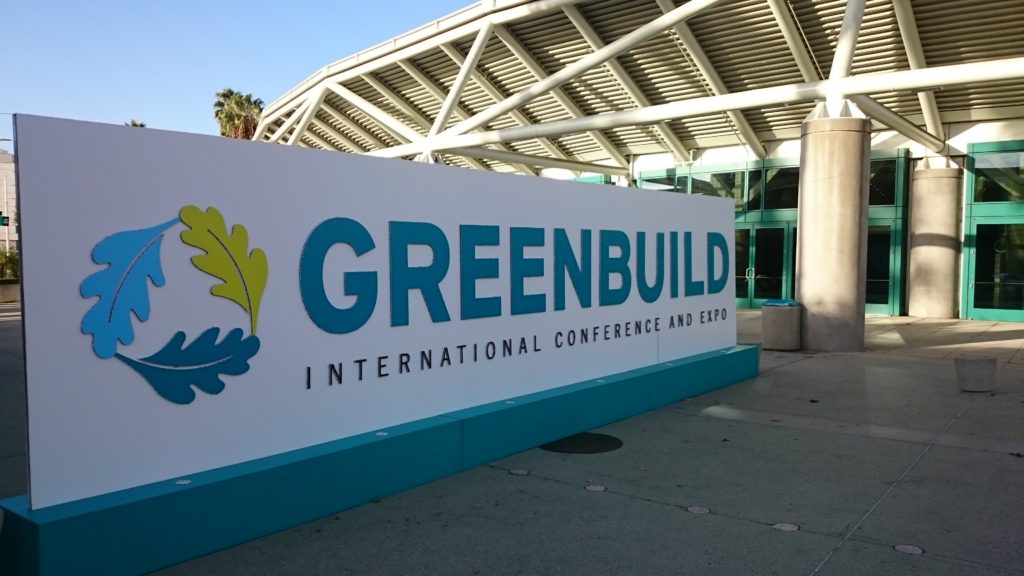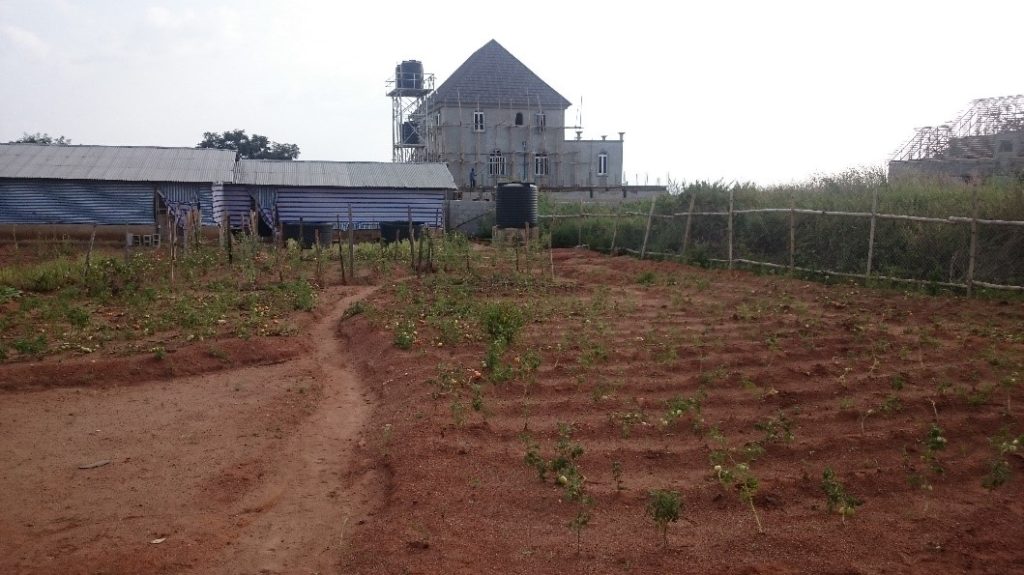Building developers who submit building development plans in Abuja are now advised by Development Control to incorporate green building concepts in their building plans. Developers are given a long list of green solutions to include, when they submit their initial building plan for approval. The Department of Development control of the Abuja Metropolitan Management Council is the first building development authority to start this green building initiative in Nigeria. Recently, Kaduna State Development Authority mandated four trees to be planted in for every 900 square metres certain footage area of a plot of land. Such green building concepts are what the construction industry needs to become more environment friendly.
Abuja, the nation’s capital is a purposefully designed and built city with a master plan conceived in 1975, among the few in the world with such plans. Every development to be done must be carried out in accordance with what is in the master plan. There is no city in the country with strict building regulations and enforcement than in Abuja. Development Control is a government department in the FCT with a mandate to control all development (building) works in the FCT. All intended building developments must submit their architectural and engineering designs to the department who vets them in order to make sure they conform to safety and building regulations in Abuja.
It was music to my ears when I interacted with the Secretary of the newly set up Green Building Committee in Development Control. The committee is recent he said and the building developers are asked to enforce green building regulations voluntarily. In about three to four years, they intend to make compliance to the regulations compulsory.

The department generally advises developers to improve their designs in 6 major areas; sustainable site development, indoor air quality, water management, energy management, solid waste management, cost effectiveness and sustainability.
Improving Capacity
Although capacity by local engineers and architects to do this might be wanting, it is a step in the direction as it will motivate them to search for new knowledge in this field. In the United States, the parent body of green building professionals is the United States Green Building Council. Every year, they congregate members in one city and provide them with numerous education sessions to improve their skillset and knowledge in the sector. Regional and state wise, many state and green building chapters organize frequent educative sessions.
Responsible professional organizations like the Nigerian Society of Engineers and Nigerian Green Building Council need to step up effort in providing capacity development seminars, symposia and workshops for practitioners in the building industry.
Education does not stop at professional associations, but also in universities. Numeorus universities across the world now offer tailored degree programmes and professional certifications with a focus on green buildings. Jomo Kenyatta University of Agriculture and Technology has a Green Building Group set up in collaboration with UN-HABITAT. Universities in Nigeria can capitalize on the opportunity in providing certificate programmes in this field.

Why Green?
Green buildings are part of the solutions to many problems in the construction industry, many of which we are not aware. When putting up a green building, problems like construction waste, air and noise pollution are mitigated to an environment friendly tune. The green (resource-efficient) buildings conserve resources like energy and improve occupant health and productivity.
In a personal blog I wrote here , I expatiated enough on the different aspects of a green building.
It has been far too long that we, as building designers got lost in the technology world. A major percentage of the buildings in Nigeria are designed without particular attention to the local climate, specifically in terms of sun-path, wind direction, air temperature and other microclimate conditions. Considering these parameters will improve ventilation in the buildings and reduce energy consumption. Instead, buildings are designed with a sole reliance for technology solutions. We design buildings with small windows. Provision for ceiling fans are no more made with the POP made. The reliance for cooling is just on mechanical cooling, the power that isn’t sufficient.
Nature is meant to be looked as a source of inspiration for our designs and solutions and not as a problem to our existence.
In a tropical climate like ours, where the weather is mostly hot, we need heating, ventilating, and air conditioning equipment almost round the year no doubt. But a bioclimatic design will reduce the reliance on such equipment. Provisions should be made to take maximum advantage of the climate. Ventilation shouldn’t rely solely on mechanical cooling, natural ventilation and other heat mitigating measures can play a big part in reducing the times needed for mechanical cooling.
As global calls to accelerate the shift to a more sustainable construction industry, the building regulators in Abuja have made a giant stride in institutionalizing a sustainable industry. The three to four year intended plan of obligating the regulations might not be soon, but the step is one in the right direction.
For more news on green buildings in Nigeria…[blog_subscription_form]
Written by Sadiq.
 Sadiq Abubakar Gulma steers the organizational mission of Green Habitat. He is a member of the Green Talents International Forum for High Potentials in Sustainable Development, a LEED accredited green building professional and has a master’s degree in Environmental Engineering. His research interest and work lie in investigating and improving the thermal conditions of urban built environments. Follow him on Twitter @SadiqGulma
Sadiq Abubakar Gulma steers the organizational mission of Green Habitat. He is a member of the Green Talents International Forum for High Potentials in Sustainable Development, a LEED accredited green building professional and has a master’s degree in Environmental Engineering. His research interest and work lie in investigating and improving the thermal conditions of urban built environments. Follow him on Twitter @SadiqGulma




Pingback: How We Are Making Abuja Hotter | Sadiq